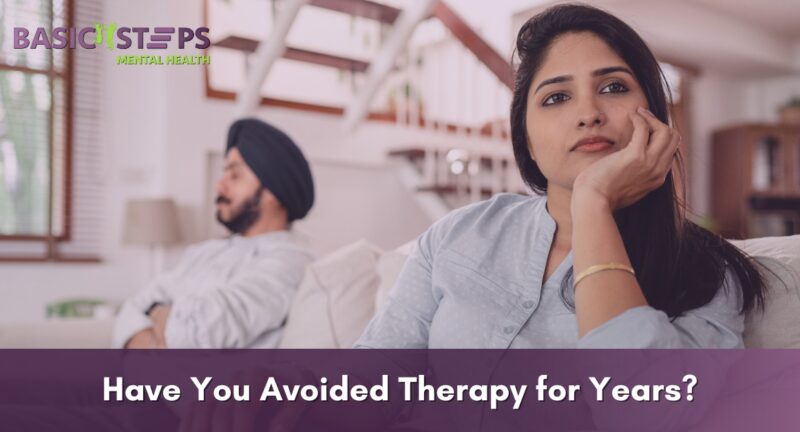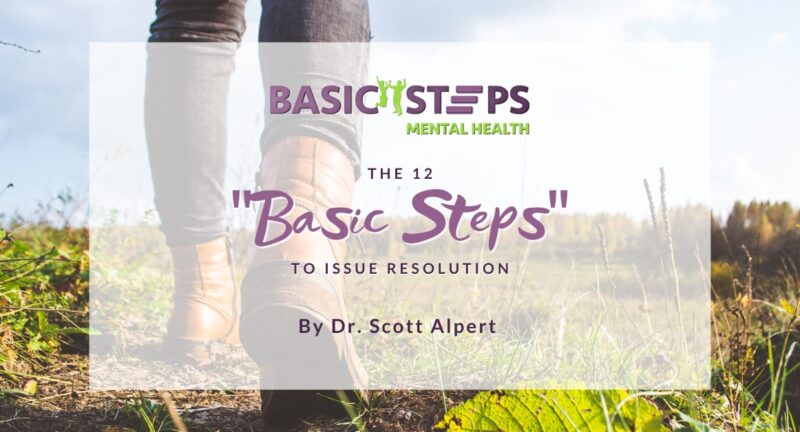
Getting Over Loss
Getting over the loss of somebody special is not an easy task. In graduate school, they taught us people have to feel their feelings during this period. Feeling your feelings for somebody that is not used to feeling emotions can be a difficult process. The intention of this article is to assist people who are struggling with loss to get through it.
Loss can be as simple as the loss of a pet or a spouse. For many, their cat or dog was closer to them than anybody. Pets give us unconditional love and when that source is gone it is truly missed. As for the loss of a person, the more hurt you feel, the more love you shared with them.
This isn’t always the case. For many, the loss of a parent, for example, that didn’t provide them the love they craved is very difficult. Death will then mark the end of the relationship and no hope of bonding with them ever. We call this unfinished business, making believe that they are the only source of the desperately needed closure, but with psychology, there are many tools to use to ultimately find that closure within.
Another topic comes to mind where people remain angry or resentful about the person, these feelings keep the person alive to them but how long do you want to let your anger run you?
Let it go. Cry. Tears are very healthy and this is the time to let them come to the surface with one additional element – love to self. When crying hold yourself and remind yourself that you are loved by you and you may want to tell yourself why you are worthy of love. This is the focus of Spiritual Psychology who believes that “When love is applied to our hurt, we heal”.
There is an artform to loving yourself. If this is new to you, make some easy commitments to yourself. For example, “I will take out the trash today.” Pretty simple, but if you make the vow and don’t follow through on it, on some level you sabotage yourself. At first, make your commitments to yourself simple, but follow through on it. I call this making a deposit into your emotional bank account.
There are wonderful methods to purge out feelings you have or those that are just underneath the surface. For example, write a letter to your loved one and then burn it as a method to send it to them. Another is opposite hand-writing in which, on paper, you write out a conversation with them. Your dominant hand represents you and the opposite hand them. Be authentic and write out what you want to say to them. When finished switch hands and on the same paper let their words come to you and write that out. You have the option of discarding this or keeping it, but understand if you reread it, it will bring you back to this emotional place and you can be reliving this moment over and over again. It’s best to let it go.
I love it when loved ones appear in dreams or in person. Yes, my grandmother had a visit from her mother the day after she died as if to show her that she was alright. No, this country doesn’t talk about the paranormal, or death itself. What happens when you die? If you have no beliefs it can lead to existential anxiety and the inevitable fact that one day you too will die.
I think that was one of the reasons I chose Spiritual Psychology to study, to lay to rest my fear of death. I reveled in the fact that death was discussed a lot in school and many viewpoints were shared. There are many books to read about near-death experiences, past lives, and the paranormal that are fascinating but it ultimately falls back on your own beliefs.
Be patient with yourself and be honest with your feelings. If others are around and you need to cry – then cry. Let it out, if not it will lead to depression. Others will adjust and don’t keep a scorecard about how many times they put up with your behavior. If they love you, they will understand. Plus, tears have an antibiotic effect and keep us healthy.
Your thoughts and comments are welcome.
Compassionate Care is Always Available
There are many more tools and strategies you can use in your pursuit of happiness. Here is where we come in. Contact us at Basic Steps Mental Health and let us support and educate you on this journey back to your loving heart center. Imagine living a heart-centered life, regardless of what is happening externally. We’d love to be of help.
For 25 years, Dr. Scott Alpert, the clinical director of Basic Steps Mental Health, has treated over 7,000 people with mental health and addiction problems, using a Psychological approach that mixes and matches ten of the top approaches used in the industry. We are here virtually and in-person to help you get through this COVID-19 pandemic and many other difficulties you may be experiencing.
May you have good mental health.
Related Posts
Have You Avoided Therapy for Years?
Years ago I saw a billboard that said “We cater to dental chickens.” Did...
The 12 “Basic Steps” to Issue Resolution
It had been 15 years since I was reunited with my paperwork from school. Like...




